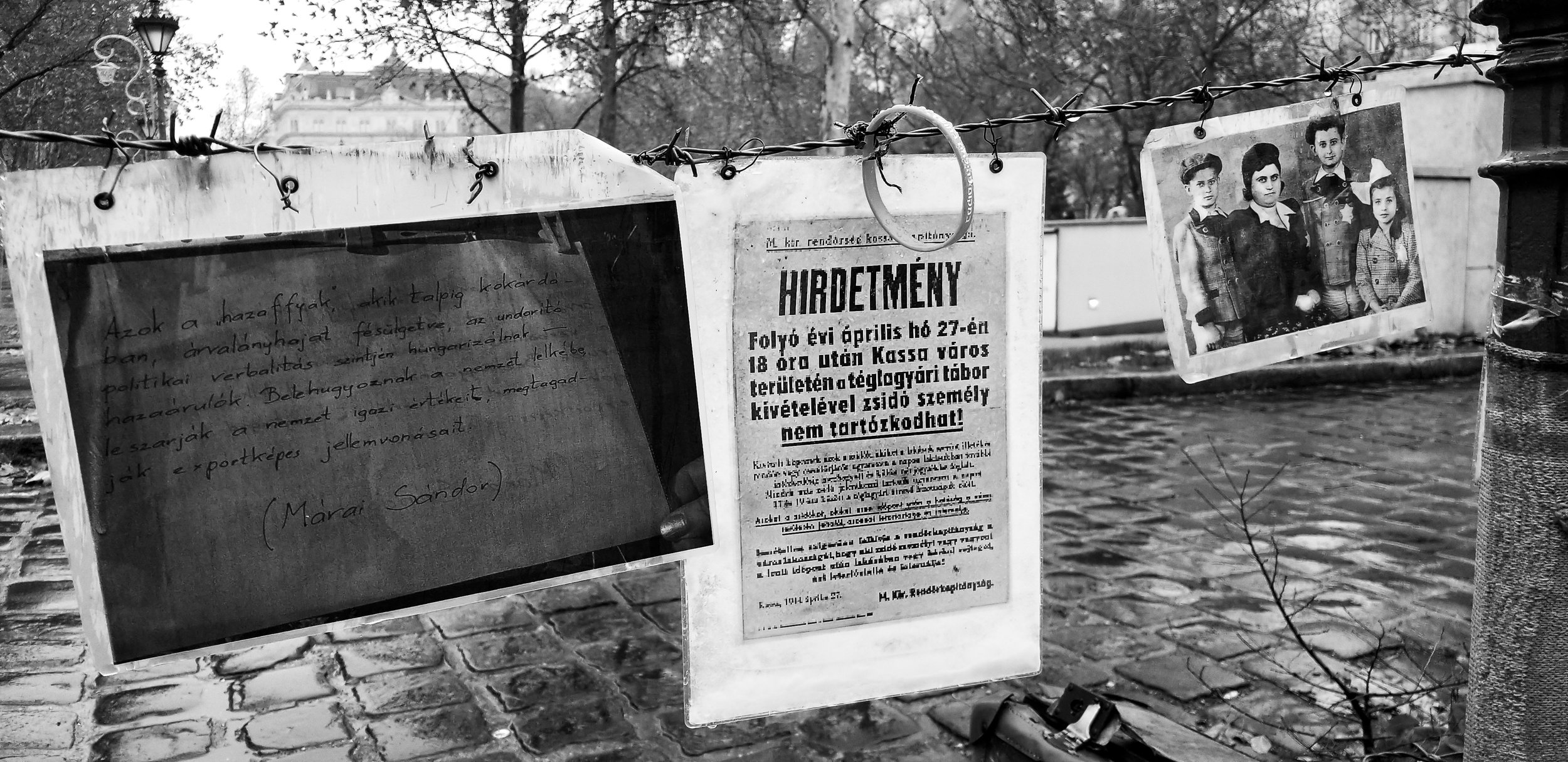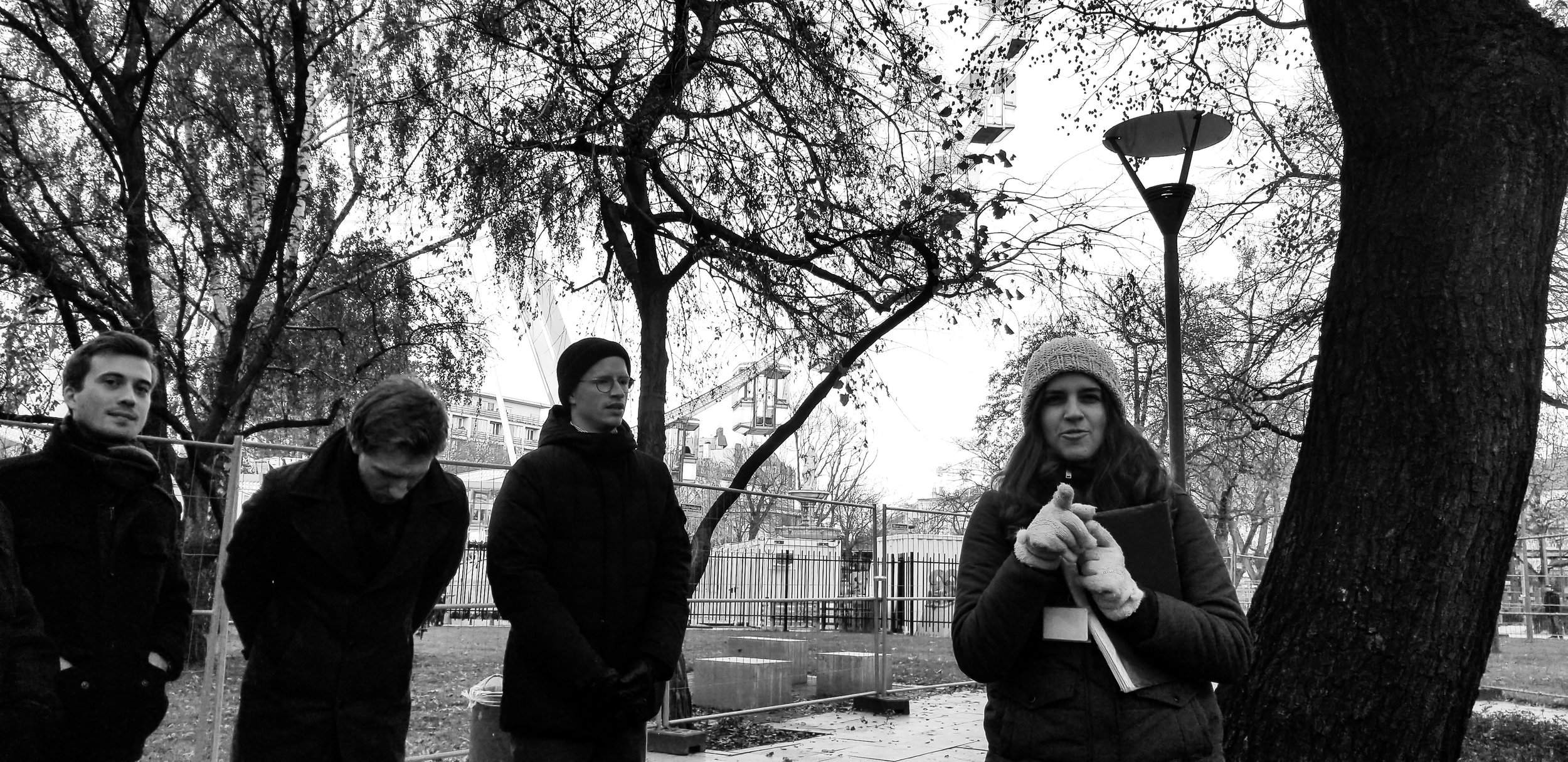Luna at the Danube
I went to Budapest on a whim to visit a friend I hadn’t seen since sixth grade. She and her family are part of a growing population of digital nomads who have chosen a life overseas to escape the skyrocketing cost of living in the United States. I had been in Spain for two months, having traveled there to participate in a photography exhibition. On my way to Budapest I spent a week in Paris with friends who had flown there from Seattle for Thanksgiving. My dog and I caught a BlaBlaCar ride to Perpignan, France, stayed overnight in a hotel and took a train to Paris the next day. Luna, my deaf Australian heeler, is allowed on the trains in most European countries.
I wasn’t expecting to fall in love with Paris but that’s exactly what happened. I felt at home in the untidiness of the city itself, charmed by the way Parisians turn old into avante-garde, the way that even garbage on the street seemed to be purposefully strewn there as art. I loved the pensive expressions the French wear with their pea coats… and the fact that I could walk into the fanciest restaurant on a street with my wet dog on a leash and the staff - brisk and stuffy towards me - would get down on their knees to pet Luna and bring her sparkling bowls of bottled water. If Paris were only affordable, I may have never left. Good thing it wasn’t, for I might not have made it to Budapest.
Leah
I managed to snag a ride with a Romanian fellow who drove me all the way to Budapest from Paris in one day. Fueled by chocolate croissants, coffee, and Monster energy drinks, Lorenzo the Lead-foot shaved a remarkable three hours off our projected 13-hour drive time and kindly picked me up at my doorstep in Paris under snowy skies at 5:00 am. I stepped out of his car that evening and straight into the arms of my friend Leah. Twenty-four years later and half the world’s distance and we picked up right where we left off. Whereas in sixth grade we were organizing non-permitted bake sales on town sidewalks and donating the money to a local wildlife rehab center… within our first week together in Budapest we broke ground on the formation of an international publication by all-women writers. We named it The F Files, inspired by a giant billboard nearby that advertised David Duchovny’s European music tour. The F Files would be totally unbiased and without political angles.
(Before seeing this billboard, we didn’t even know he was a singer-songwriter).
David Duchovny aside, The F Files represents an alternative to what otherwise seems a fated conundrum. I tell people that I am working towards a degree in journalism but the truth is, I don’t actually want to work as one. I can’t envision myself chasing down stories with notepad and camera and then trying to sell them to publishers. I’m just way too self-absorbed, lazy, and uninterested. Secondly, I question the morality of telling other people’s stories for them. Why send reporters to other countries when you can ask a person who is already living there? After a friend sent me a call for entries posted by New York Times columnist Nicholas Kristof, and suggested I submit something, I spent the better part of two days reading all of his articles. As an opinion columnist at the top of his league, millions of people worldwide read his words and formulate their own opinions based on what he writes. And what does he write? In my own small and hesitant opinion, irresponsibly biased viewpoints on global issues and blanket statements about dictatorship nations that highlight how utterly American he is. Granted, Kristof is a two-time Pulitzer Prize winning journalist, a CNN contributor, and a columnist for the New York Times. And myself? A thirty-eight year old unpublished artist pursuing a bachelor degree for the first time. My opinions hold no weight in the world, but that doesn’t make them unimportant. I left home at age seventeen and have crossed the globe several times. I’ve traveled to dictatorship countries like Turkmenistan, a closed nation where most people can never go. So when I read Kristof’s catch lines such as “If you’re a murderous dictator, this is a joyous time to be alive,”(1) and, “So, I Asked People in Saudi Arabia About Their Mad, Murderous Crown Prince” (2), I felt depressed. What he implies may be true, but how he says it seems uncouth, kindling for the fire that further divides our country and our world.
At the Jewish protest against the falsification of history..
I decided to make my first contribution to The F Files a story about my time in Budapest. And to approach it the way we envision the content of The F Files to be… personal stories written by real people talking to other real people about everyday things. I spent three weeks in the city with Leah’s family soaking up enough dark history in its museums to give me really bad nightmares and using Tinder to meet locals and talk about the political scene. I observed Budapest’s holocaust memorials in stricken contemplation, photographed somber onlookers at a Jewish protest against the falsification of history, and added tears to rainfall on the shoe memorial at the banks of the Danube, an art installation so powerful that months later I still find it difficult to talk about. With political unrest prevalent on nearly every street corner and protesters marching to Parliament nearly every nightfall, it was an exciting time to be in Budapest. I noted the similarities between what’s argued about in Hungary, a post-soviet society under a prime minister whom some say plays the role of mini-dictator vs. what’s argued about in the States; world-power capitalism under a president whom some say behaves like a mini-dictator. Not to mention the unsettling fact that the former adviser to Trump, Steve Bannon, has been hired to advise Hungary’s right wing prime minister Viktor Orban. Orban’s party, Fidesz, is responsible for several recent proposals to Hungarian law that have received opposition. One of which is nicknamed the “slave law;” which will allow employers to require up to 400 hours of overtime per worker per year. Hungary's working class is understandably pissed.
Protest against the falsification of history (above and right).
The free walking tour about communism.
During communism, it was against the law to express political opinions in public, and I was curious as to what extent this persists in Hungary today. My guide for the free walking tour about Communism became very upset when I snapped a photo of her… despite having been told it was OK to photograph. She accused me of recording a video, and I had to show her the gallery on my phone to prove this wasn’t the case. I felt bad, because I obviously caused her distress. And then she felt bad, and apologized. But her upset stuck with me and I found myself asking Tinder dates questions like… do you agree with the political party in power? Do you think Orban is behaving like a mini-dictator? How much freedom do Hungarians have to express their political opinions in public? One fellow, a half-Jewish half-Catholic video game programmer who has lived in Budapest all his life told me that it’s not individuals the government is worried about, but when they gather with other people who share the same views. If officials find out that a coffee house, bar, or art studio has become a place of interest for those in opposition of Fidesz, they will come in and shut the establishment down, sometimes even condemning perfectly good buildings. Yet Orban received 60% of the vote in the election, and the Fidesz party remains largely unopposed. My programmer date showed me the video of Jozsef Tichy-Racs, a man in a chicken suit who is running in the general election. Not only does he dress like a chicken, but he speaks in chicken, too. Tichy-Racs is running for the Gyor-Moson-Sopron county as part of the Hungarian Two-Tailed Dog party, a satirical political group founded in 2006 to mock the right-wing nationalism that’s gaining power in the country.The alternative to Chicken or Fidesz is a radical movement called Force and Determination, comprised mainly of black-clad men who march the streets of Budapest using openly racist language to oppose liberal views and immigration.
Free donuts at the candle lighting ceremony for Hanukkah.
Ester, a political scientist and professor who lives and works in the city generously met me for tea and a fascinating talk about Hungarian politics. I asked her why so many Hungarians are opposed to immigrants… and did she think it has something to do with the agenda of Fidesz to turn Hungary into an illiberal Christian nation? And did she think that some people actually miss communism? And Ester said yes, she believes some people actually miss communism, despite the bad rep it gets, and particularly the older generation. Communism provided stability, predictability, and a sense that the state was working for the people. This is something we don’t have in America. In America, our laws and lawyers and police are there to protect the people from the state. In Europe, the state is put in place to protect the people. Esther said the term illiberal Christian nation is just a political concept… it doesn't mean everyone in Hungary has to be a Christian but that Hungary will be an illiberal nation, following Christian principles. But I wondered what Hungary’s non-Christians thought about this concept… and how will an illiberal Christian nation make room at its table for neighbors in need? Ester said that for the first time in a long time, Hungary’s economy is doing really well. And given its history of tyrannical regimes and political upheaval, many Hungarians simply don’t want to share. They want Hungary to be for Hungarians. And some people take it a step further by implying that even the Jews are not true Hungarians. And that the era in history from when Nazi Germany invaded Hungary in 1944 to the first democratic election in 1990 should be excluded from the story of Hungary’s history because the country was not under Hungarian rule. And as Ester spoke, matter-of-factly, I could only wonder how Hungary’s Jews felt about this.
A ruin bar. These bars are common in Budapest’s District VII, the Jewish quarter, in the ruins of abandoned buildings, stores, or lots.
Close to the end of my time in Budapest I went to see the House of Terror Museum, a government funded installation in the building used as headquarters for the Fascists and Communist Secret Police. Dedicated to “the victims of communism,” the entire building is now a monument to the memory of those held captive, tortured, and executed in the belly of its expanded basement. I found the entire exhibition entirely disturbing, and not in the way I think it’s normally meant to be. In stark contrast to the compassioned intention of the Holocaust Museum, the House of Terror seems to make a spectacle out of the horrors that happened to real people in recent history. Heavy metal music and neon strobe lighting accompanies videos and images of a war-torn city, grisly scenes of bulldozers moving corpses at concentration camps, and Nazis marching along the streets of Budapest with crowds of Hungarians cheering them on. The House of Terror felt like a nightmare playing in real-time, a three-story circus performance run by staff dressed like Nazis themselves. And I wondered about the danger of putting on such a theatrical performance in the name of remembrance. I learned later that many residents of Budapest will not bring visitors to the House of Terror museum, nor tell them where it is. And I can understand why.
The Andrassy Ut House of Terror, the building used as headquarters for the Fascists and Communist Secret Police.
I didn’t learn until after I took this photo that you are not allowed to take photos inside the exhibition.. This tank is life-size.
touché !
When I left Budapest, I was happy to go. The Jewish quarter, with its art on every surface and its ruin bars and amazing dating scene (it’s a hipster’s paradise), was certainly an area that grew on me. Luna and I were equally delighted to discover that Budapest is one of the most dog-friendly cities in the world. But I just couldn’t shrug the sensation that its dark history persists… in fact, oozes out of its stone walls and cobbled streets and invades common thinking. My visit to the House of Terror solidified my hunch all along… that Fidesz wants to tuck Budapest’s darker days up its sleeve, only to let them show again when there is a political strategy. That the House of Terror is dedicated to the “victims of communism,” says it all, at least to me. For it seems the problem wasn’t communism, but a bunch of really bad egos and their ability to manipulate the masses into murdering their own people. For I do not think that war crimes can ever be the fault of any one thing. But rather, the consequences of a divided society when both sides become complacent with everyday adversity.
1. https://www.nytimes.com/2018/03/14/opinion/trump-dictators-human-rights.html
2. https://www.tehrantimes.com/news/430716/So-I-Asked-People-in-Saudi-Arabia-About-Their-Mad-Murderous



















